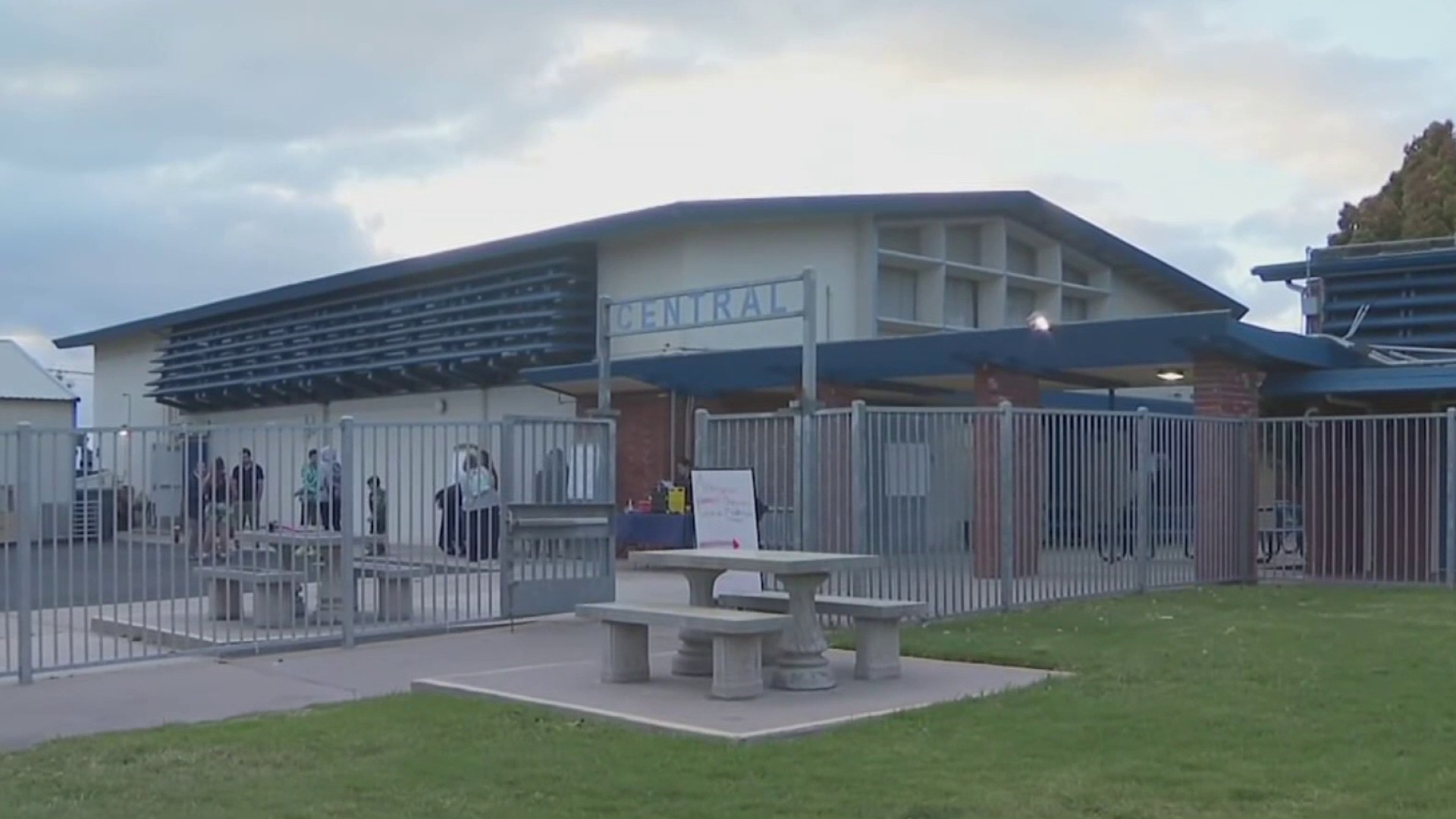The state Legislature is reversing course on a move to make certain provisions of the California Public Records Act optional for local governments.
Bombarded with criticism from media and government watchdog groups, the Assembly will vote Thursday to remove portions that address California's open records law from a trailer bill headed to Gov. Jerry Brown's desk.
At the same time, an identical budget bill that cleared both houses Saturday maintains language that recasts public record laws as "best practices" rather than state mandates. That bill is already waiting to be signed into law.
"It's sort of a genius thing for the Assembly to do because now the governor will have two versions of the same bill to sign - one with the changes and one without - and the Assembly is free and clear to say, 'We voted down the changes, and voted to support transparency,'" said Mark Reeder, a spokesman for Senator Mark Wyland (R-Solana Beach), who opposed weakening the public records law.
The changes, originally proposed by Brown in January, would allow local governments like water districts, school boards, cities and counties to announce whether or not they want to opt-in to following state law. That law requires they respond to requests for information within 10 days, provide records electronically if they already exist in that same electronic format and assist the public with identifying which records they seek.
Assembly Speaker John A. Pérez issued a statement Wednesday that the bill would move forward without the proposed changes to the California Public Records Act.
“To be clear, this means that the California Public Records Act will remain intact without any changes as part of the budget – consistent with the Assembly’s original action,” Speaker Pérez said.
Local
Open-government advocates have urged Brown to leave existing public records laws untouched. But, the Legislative Anaylsts Office estimated the changes would save the state tens of millions of dollars a year by reducing costs to local governments that may, someday in the future, seek reimbursement for complying with the state mandate.
Those estimates were not based on any claims or billings submitted to the state by local governments because none have ever been received. The state has never paid out any claims from local governments to comply with the law, and no local governments have ever submitted a claim for reimbursement.
"We didn’t do a detailed analysis. We lacked the hard data," said analyst Brian Uhler with the LAO.
But, Uhler says the costs are still being incurred annually, even if the bills have not yet come due.
The state is in the middle of the process of finalizing instructions for local agencies to make their claims, and Uhler says the state could be on the hook for bills that date back to 2001.
The LAO based their estimates on what it costs for the state's some 5,000 special districts; nearly 500 cities; 58 counties and 1,000 school districts to abide by the state's Brown Act laws, which require agencies post agenda items and conduct meetings in public.
State Senator Ben Hueso, who served in local government as a San Diego City Council member, said he supported making the cost-cutting changes to public records law so the state could allocate more money to education, mental health programs and dental benefits.
"I am a strong supporter of government transparency and enforcing the Public Records Act. Even with the budget trailer bill passing, public agencies are still required to produce public documents," Hueso said. "We simply cannot continue to subsidize something these agencies are required to do on their own."



